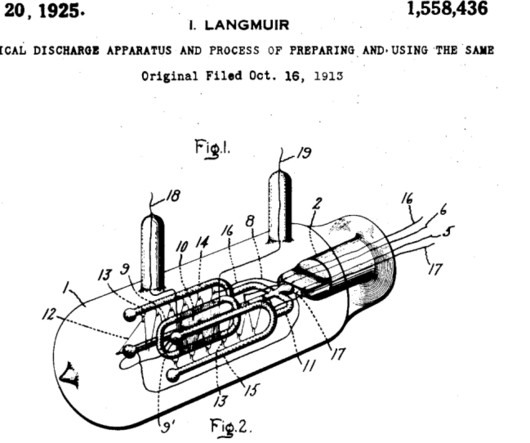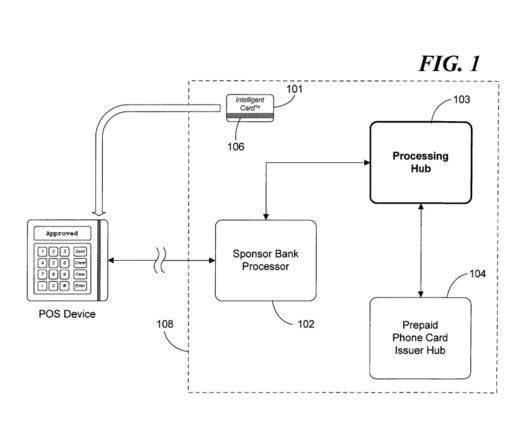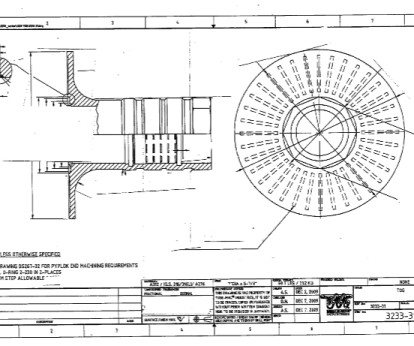De Forest Radio v. GE: A Landmark Supreme Court Decision on the Invention Requirement
Patently-O
APRIL 8, 2024
By Dennis Crouch In 1931, the United States Supreme Court decided a landmark case on the patentability of inventions, De Forest Radio Co. The case involved a patent infringement suit over an improved vacuum tube used in radio communications. Background The patent at issue, U.S. General Electric Co. , 571 (1931).












Let's personalize your content